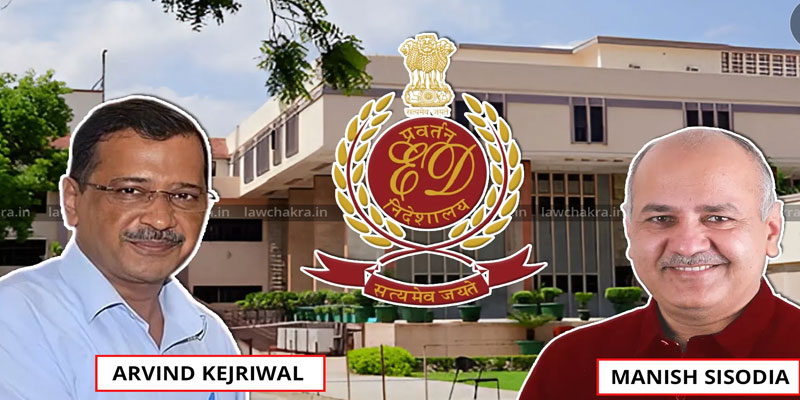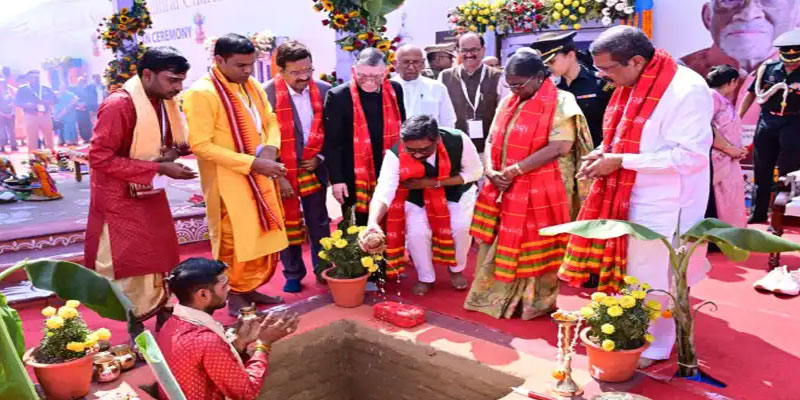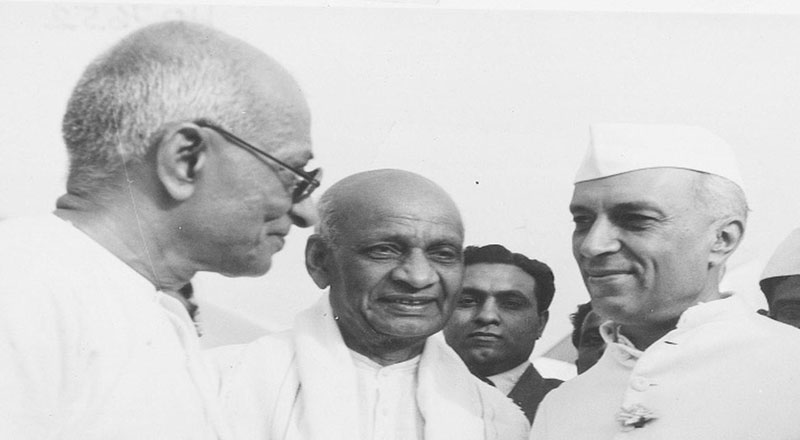Manish Sisodia, Satyendar Jain Summoned Over Classroom Construction Scam
Two of the Aam Aadmi Party’s (AAP) most prominent faces—Manish Sisodia and Satyendar Jain—have been summoned in connection with an alleged ₹2,000-crore scam related to classroom construction in Delhi government schools. The summons, issued by the Delhi government's Anti-Corruption Branch (ACB), mark a deepening crisis for the party once celebrated for transforming education in the capital.
The ₹2,000 Cr Classroom Construction Controversy
At the heart of the controversy lies the alleged financial mismanagement in the construction of 12,748 classrooms and school buildings across Delhi during the previous AAP government’s term. According to the ACB, the project was fraught with massive cost escalations, deviations from standard protocols, and questionable contractor relationships.
The scam reportedly involved awarding contracts at inflated rates—around ₹24.86 lakh per classroom, nearly five times the standard construction cost. Furthermore, the structures built were largely semi-permanent (SPS), with a 30-year lifespan, yet budgeted at rates equivalent to permanent RCC structures with a 75-year durability.
A significant red flag emerged from the selection of contractors—34 in total, many of whom have alleged connections to AAP. The ACB also noted that an additional ₹326 crore was added to the project cost without initiating a new round of tenders, indicating procedural violations.
Political Careers in Jeopardy
The summons to Manish Sisodia—former Deputy CM and Education Minister—and Satyendar Jain—ex-PWD Minister—could have far-reaching consequences for their political futures and the credibility of the AAP’s governance model. Sisodia, once considered the architect of Delhi’s "education revolution," is already under CBI and ED scrutiny in the now infamous liquor policy case. Jain, on the other hand, has spent over a year in judicial custody over separate money laundering allegations.
If formal charges are brought in the classroom case, both leaders could be legally disqualified from contesting elections under the Representation of the People Act, casting a shadow on AAP’s next electoral pitch.
AAP’s Stand: Political Vendetta or Real Scandal?
The Aam Aadmi Party has pushed back hard, calling the case a politically motivated attempt to “intimidate and discredit” its top leaders. According to party officials, the classroom construction project was transparent, met global standards, and helped uplift thousands of under-resourced government schools.
AAP argues that no education model in India has received as much global praise and replication interest as Delhi’s. However, these new allegations strike at the core of that narrative. What was once a flagship achievement is now a legal and political minefield.
A Threat to the Delhi Model?
The scandal has broader implications beyond individuals. The “Delhi Model” of governance, which centers around public service delivery, particularly in education and health, has long been AAP’s national calling card. Allegations of such scale threaten to erode public trust and cast doubt on whether transparency accompanied innovation.
Moreover, if these claims are substantiated, they could fuel opposition attacks in other AAP-ruled states like Punjab and during national-level ambitions.
A Moment of Reckoning
The classroom construction scam allegations against Sisodia and Jain come at a time when AAP is striving to expand its footprint beyond Delhi. Whether this is political sabotage or a genuine case of public fund misuse, the implications are serious. Accountability and transparency were the pillars on which AAP built its brand. Now, those very pillars are under siege. How the party responds could determine not just the fate of its leaders, but its future as a political force.
(With agency inputs)






















